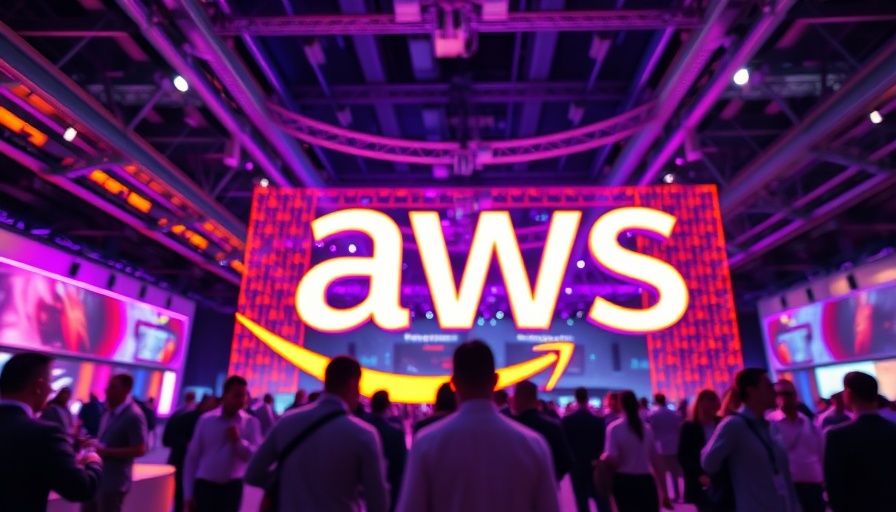
AI Job Predictions: A Competitive Corporate Landscape
In a landscape rapidly evolving due to technological advancements, predictions from corporate leaders about job displacement due to AI have transitioned into a competitive discourse. Dario Amodei, the CEO of Anthropic, recently stirred conversations by asserting that up to half of entry-level jobs might disappear in the next five years due to AI integration, potentially spiking U.S. unemployment to staggering levels. Such bold declarations highlight a paradigm shift in how executives perceive AI's impact on the workforce—signaling a warning bell for job seekers and policymakers alike.
The Growing Chorus of Ominous Predictions
Amodei is not operating in a vacuum; he is part of a growing chorus of CEOs sounding alarms over the implications of AI. At a recent investor day, Marianne Lake, JPMorgan's consumer banking chief, projected a potential 10% workforce reduction attributable to AI. Meanwhile, Amazon’s Andy Jassy echoed similar sentiments, linking job losses to this "once-in-a-lifetime technological shift." These remarks reflect a departure from previous, more tempered interpretations of AI’s role in the workplace—now, executives are sharing increasingly drastic forecasts as they grapple with impending changes.
Parallel Examples and the Immediate Future
Notably, businesses across various sectors are positioning themselves at the intersection of technology and human resources. For instance, Ford's Jim Farley characterized the potential impact of AI as revolutionary, claiming that AI could “literally replace half of all white-collar workers in the U.S.” This echoes sentiments seen in other industries embracing advanced technologies, including healthcare and marketing, where AI-powered tools are indeed shaping operational frameworks and talent needs.
Understanding the Implications of AI Displacement
The implications of these predictions reach far beyond immediate employment figures. They highlight a possible skill gap, with workers needing to adapt to the demands of a tech-driven environment. Emerging tech trends suggest a need for reskilling and upskilling initiatives that ensure the workforce can keep pace with the changing demands of industry. This suggests organizations must not only anticipate disruptions but also invest in their human capital to build resilience against the impending technological tide.
Future of Work: Embracing Technological Advancements
As these discussions unfold, it’s crucial for both corporate leaders and the workforce to engage in dialogue surrounding the future of work in the age of AI. The technological advancements manifesting today signal a clear need for innovation, agility, and adaptation. Collaborative efforts between educational institutions and corporations could foster a preparedness that bridges the gap between traditional job roles and future tech roles, ensuring those impacted by automation are equipped for success.
It's vital for readers to recognize that while AI introduces a wave of change, it also offers opportunities for reinvented job roles and industries. Embracing AI in business operations can unveil advanced solutions, unprecedented efficiencies, and new career avenues. Thus, seizing the mantle of education and proactive engagement with emerging technology might very well be our strongest foothold in securing future employment.
 Add Row
Add Row  Add
Add 




 Add Row
Add Row  Add
Add 



Write A Comment